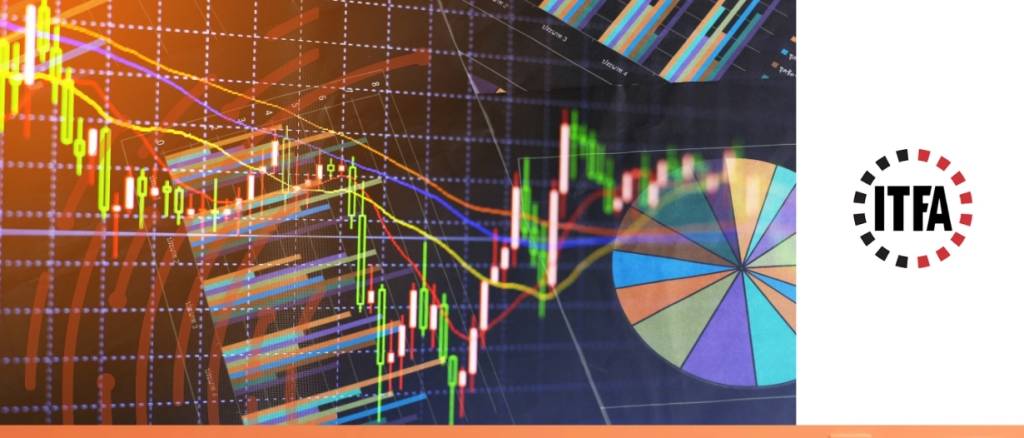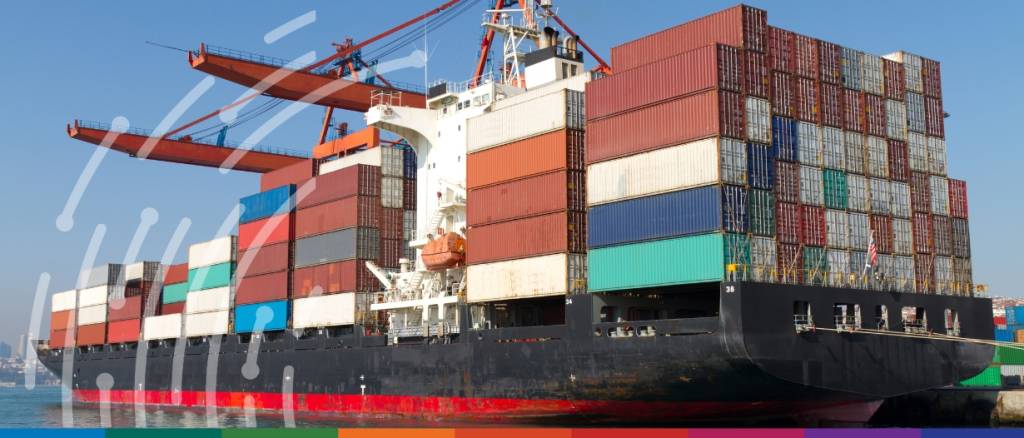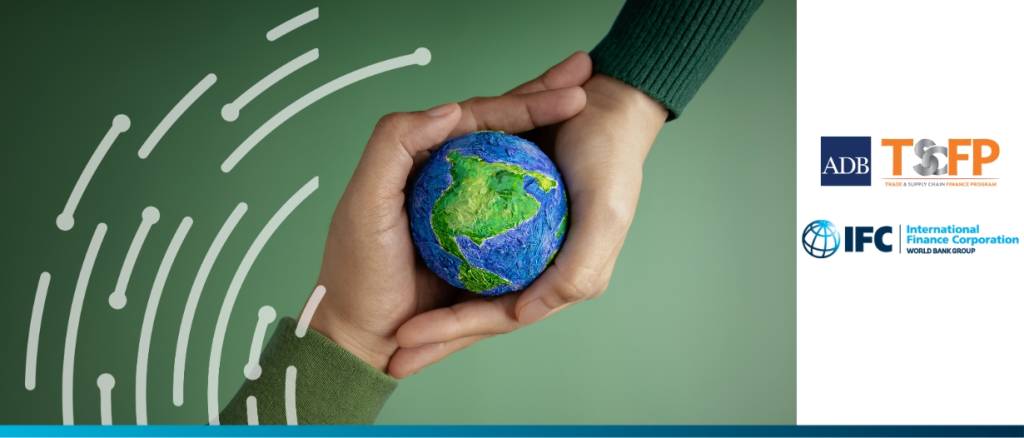In a quickfire session at the 50th Annual Trade and Forfaiting Conference held at ITFA Abu Dhabi, TFG’s Deepesh Patel spoke with Sean Edwards, Chairman of the International Trade and Forfaiting Association (ITFA), about some of the key themes emerging throughout the conference.
Nedbank Corporate and Investment Bank, the Johannesburg-based bank, has announced a strategic partnership with UAE logistics provider
In the container shipping industry, players across the supply chain are at varying levels of digital maturity. From cargo owners and terminal operators to legislators and governments, the wide range of participants makes uniformity difficult to achieve. As does the vulnerability of global networks, prone to disruption now more than ever.
British International Investment (BII), the UK’s development finance institution, has announced plans to provide up to £30 million to bolster Ukraine’s international trade amid ongoing economic challenges.
On its golden jubilee, ITFA’s Annual International Trade and Forfaiting Conferences will be held from 4 to 6 September 2024 in Limassol, Cyprus.
As businesses strive to optimise processes, enhance efficiency, and meet growing customer demands, the tools they use need to evolve as well.
Recent leadership changes or upcoming elections in Nigeria, Ghana, and South Africa will impact economic and trade policy. This could be a tipping point for these countries, either strengthening their trade position or creating new challenges.
In today’s fast-paced and ever-changing world, the capacity of organisations to keep up with and manage risks across their supply chains depends on their ability to leverage on digitalisation to collect, analyze, and use electronic data to ensure the stability of global supply chains.
International Finance Corporation (IFC) and Citi have signed an agreement to implement a $500 million facility in Mexico.
The Asian Development Bank (ADB) and the International Finance Corporation (IFC) have jointly published a Reference Note to better define sustainable trade finance and set eligibility criteria for related deals.… read more →
























